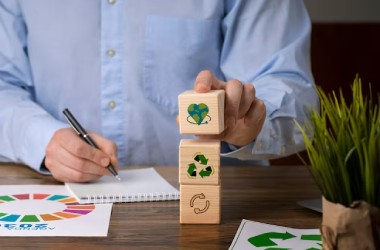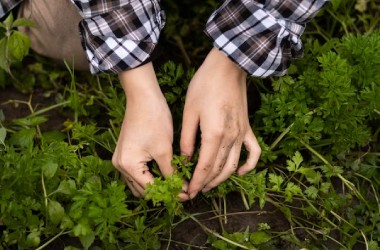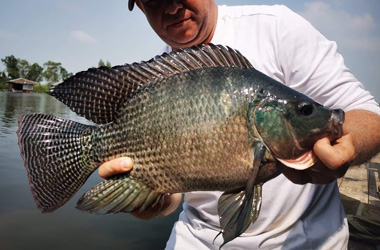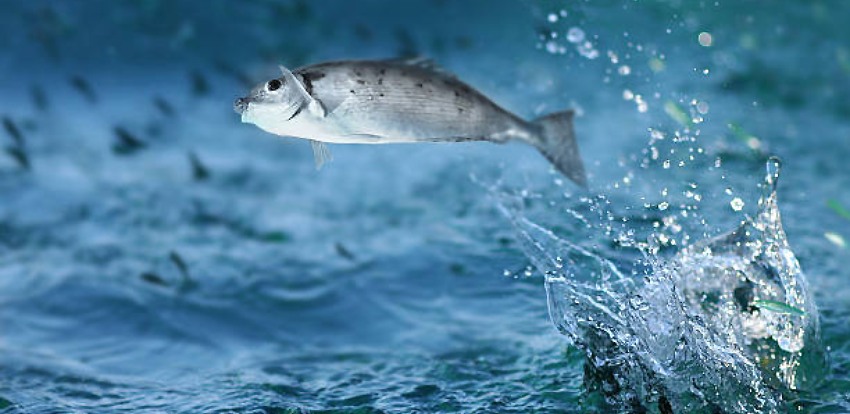
Climate change presents a formidable challenge for the future of our planet, and the aquaculture industry is no exception. Fluctuating water temperatures, ocean acidification, and extreme weather events threaten aquaculture operations. These environmental disruptions can negatively impact the health and productivity of aquatic species, destabilizing entire aquaculture systems.
Ensuring the long-term viability of this crucial food source requires addressing these challenges head-on. Organigogo helps build resilience within aquaculture systems by advocating for sustainable practices. This resilience is critical in adapting to the ongoing challenges posed by a changing climate.
At Organigogo, organic aquaculture practices are critical to a more resilient future. By championing sustainable and environmentally friendly methods, we empower aquaculture to become a climate-smart solution, not a contributor to the problem.
The Ripple Effect of Climate Change on Aquaculture
Aquaculture is acutely vulnerable to the whims of a changing climate. Rising water temperatures can stress aquatic life, impacting their growth, immune systems, and survival. Ocean acidification, caused by increased absorption of atmospheric carbon dioxide, disrupts the ability of shellfish and other organisms to build their shells and skeletons. Furthermore, extreme weather events like hurricanes and floods can devastate aquaculture facilities and disrupt production cycles.
These environmental shifts pose a significant threat to the long-term sustainability and resilience of the aquaculture industry. Without decisive action to mitigate climate change and adapt aquaculture practices, millions' food security and livelihoods could be at risk.
Organic Aquaculture: A Powerful Tool for Climate Action
Thankfully, organic aquaculture offers a powerful tool to combat climate change. The sustainable practices championed by Organigogo prioritize the health of aquatic ecosystems, ultimately contributing to a more balanced and resilient environment. Here's how:
-
Reduced Environmental Footprint: Organic aquaculture minimizes reliance on synthetic chemicals and antibiotics, reducing pollution and safeguarding water quality. This protects aquatic life and mitigates the industry's contribution to greenhouse gas emissions associated with the production and runoff of these chemicals.
-
Enhanced Ecosystem Health: By promoting biodiversity and fostering healthy ecosystems, organic aquaculture practices create a natural buffer against the negative impacts of climate change. Healthy ecosystems are more resilient to fluctuations in temperature and can better absorb excess carbon dioxide.
-
Resource Efficiency: Organigogo initiatives advocate for water conservation and efficient use of resources within aquaculture systems. This reduces the industry's environmental footprint and helps mitigate the effects of droughts and water scarcity, both of which are exacerbated by climate change.
Leading the Way Towards a Sustainable Future
Organigogo is committed to working alongside the aquaculture industry to navigate the challenges of climate change. We are building a more resilient and sustainable future for aquaculture through innovation, education, and a continued focus on organic practices.
Organigogo's Commitment to Innovation
Organigogo doesn't stop at advocacy – we're dedicated to driving innovation in the aquaculture industry. Through our initiatives, we explore and implement cutting-edge solutions that promote climate-smart aquaculture practices:
-
Acquakinetic: This data-driven approach can contribute to reducing energy consumption and minimizing waste, lessening the overall environmental impact.
-
Orgakinetic: This initiative integrates technology with ecological principles to transform and optimize aquaculture and agricultural practices. By fostering a more balanced and sustainable approach, Orgakinetic helps to mitigate the environmental burdens associated with traditional aquaculture methods.
-
EcoFarmIT: EcoFarmIT bridges the gap between technology and sustainable practices by developing IT solutions specifically designed for organic and sustainable farming, focusing on aquaculture. These solutions can be vital in optimizing resource use and minimizing environmental impact.
Looking Towards a Sustainable Future
The combined effects of climate change pose a significant threat to the future of aquaculture. However, Organigogo is committed to building a more resilient and climate-smart aquaculture industry by embracing organic practices, promoting sustainability, and fostering innovation.


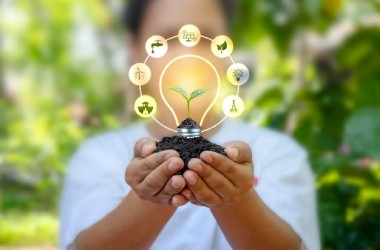
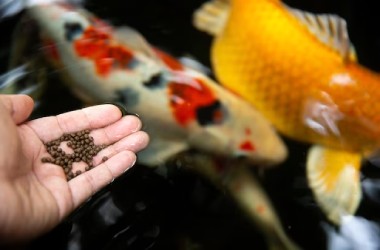
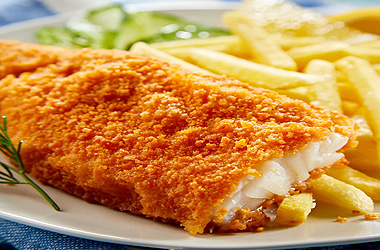
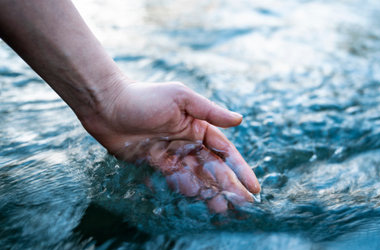

.jpg)
